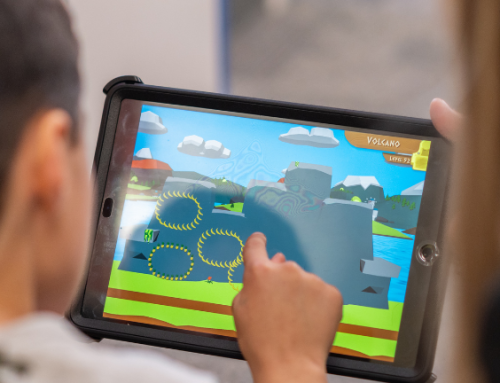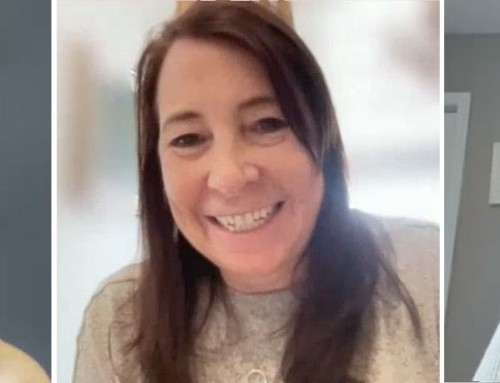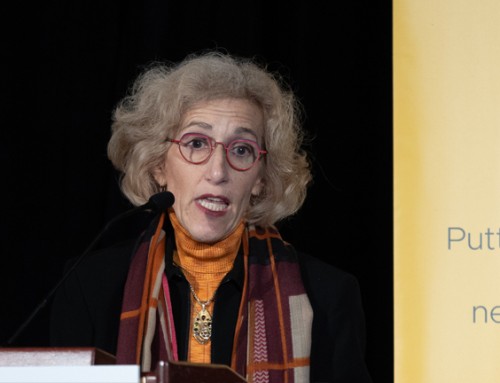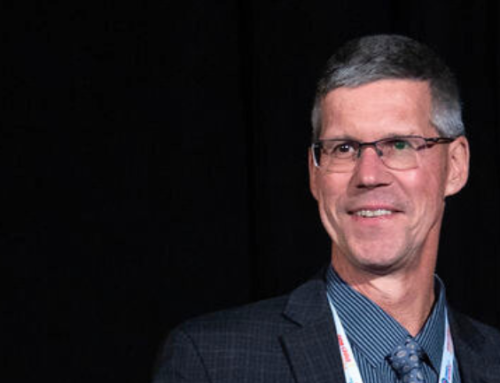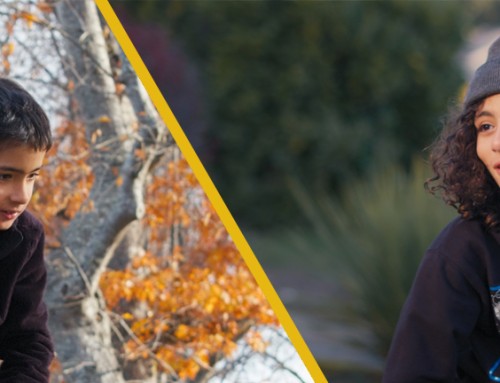Jina Lee’s pregnancy with her first child was normal until the third trimester when the baby stopped growing. Jina was reassured that everything was okay and went on to deliver a healthy baby girl. But by the time her daughter Mimi was four months old, she was starting to miss developmental milestones, and just after her second birthday Mimi was diagnosed with autism spectrum disorder.
Shortly after receiving a formal diagnosis, Jina and her husband Tony started to research what supports their daughter could access. A parent pointed them to Social ABCs, a KBHN funded program run out of Holland Bloorview Kids Rehabilitation Hospital in Ontario for toddlers showing social communication challenges and those suspected or diagnosed with autism.
When Mimi started the Social ABCs program in 2019 at the age of two, she had very few communication skills—she didn’t respond to her name or look up when someone entered a room, and days would go by with her barely making a sound.
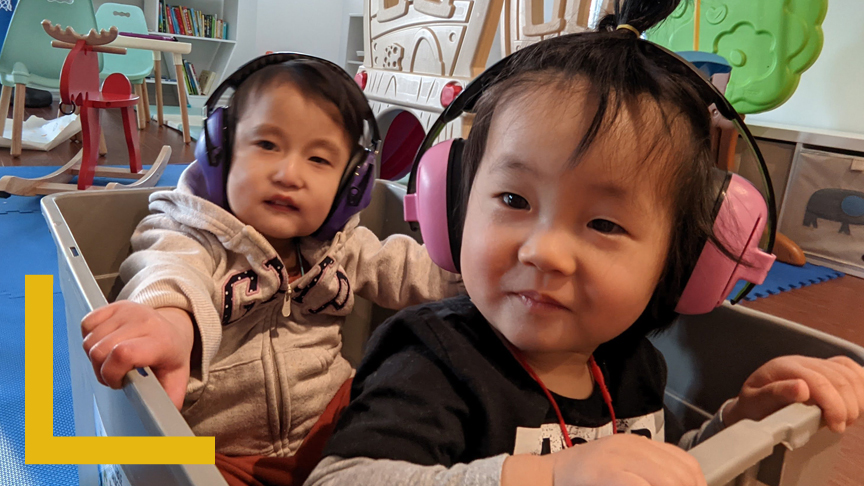

I was worried, because at first, the goals of the program quite frankly seemed like impossibilities for Mimi,” says Jina.
The Social ABCs is a parent-mediated intervention, where trained coaches work directly with parents in their homes or online since the Covid-19 pandemic. Coaches teach parents strategies to help their toddler communicate and interact socially. The program is 12 weeks long and is focused on having the child share positive emotions by smiling and giggling and encouraging the child to communicate directly using their voice.
“The great part about Social ABCs is that it’s strengths-based, so you’re always finding out what parents do really well and then focus on those aspects,” says Sara Daoud, the Social ABCs coach who supported Jina’s family. “Jina had so many great skills and was open to trying new things, so it was just about teaching her to use these skills appropriately so that Mimi would respond. I wanted Jina to feel empowered to continue using these strategies with Mimi even once the program was over.”
Jina started to see changes in Mimi—and in herself—early in the program. About six weeks in, Mimi started walking for the first time. Jina recalls bursting into tears and quickly taking a video to share with Sara. Despite walking not being a goal of the program, there are often cascading effects in developmental milestones when a child’s brain becomes stimulated and when they start understanding motivation and attention.

I think for Mimi, she really gained confidence during the Social ABCs which made her trust herself to take a few more risks and start walking,” says Jina. “Sara also gave me so much confidence to trust my instincts which is hard in general for a first-time parent but even harder when your child has a diagnosis that you don’t know much about.”
Jina describes now four-year-old Mimi as a completely different person—she communicates through sounds and words, skills that were nurtured and developed through the Social ABCs program. Outside of what was taught in the program, the family has also found augmentative alternative communication—a form of communication where Mimi uses symbols and pictures on an iPad to express her thoughts—to be very helpful.
“Social ABCs has had a huge impact on our entire family, grandparents included, on the way we parent Mimi,” says Jina. “When you get this diagnosis, you’re thrown into a deep ocean of trying to navigate supports with no assistance. For us, Social ABCs was this community of support, with people versed in autism who at the same time truly celebrated Mimi for who she is.”
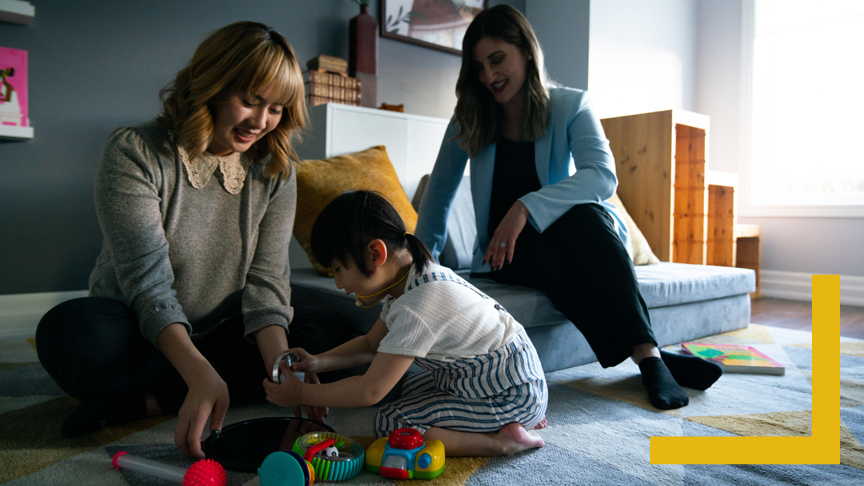
Photography by Morro Creative
Jina says that since receiving Mimi’s diagnosis more than two years ago her top priority continues to be finding programs like the Social ABCs which value Mimi for who she is instead of trying to “fix” her.
“Looking back, the most prominent emotion I felt when Mimi was diagnosed was fear,” says Jina. “I realized I was afraid that Mimi might not have things that are part of a typical good life, like getting a job or living independently. But does not having those things make her less valuable of a person? Absolutely not. Disabled people and non-disabled people can have a harmonious, beautiful life together as long as we are accepting, keep an open mind and are willing to learn from each other.”
Social ABCs is just one of more than 150 initiatives supported by the Kids Brain Health Network to improve outcomes for children with neurodevelopmental disabilities and their families. Read more about Social ABCs and KBHN.



